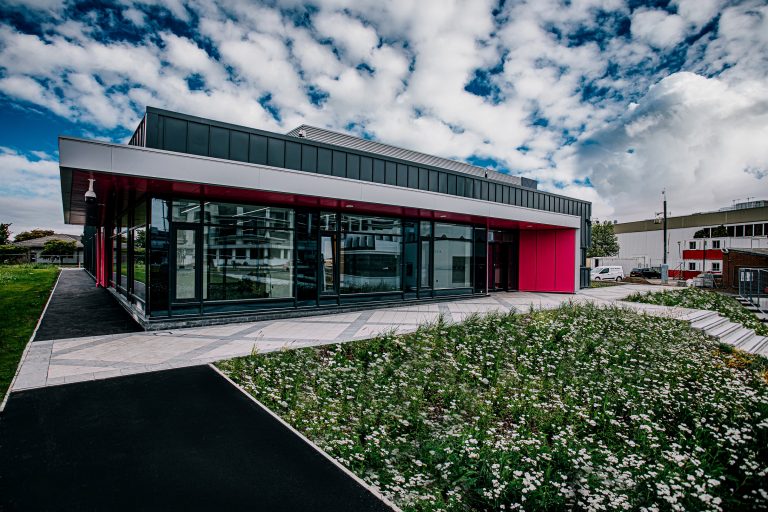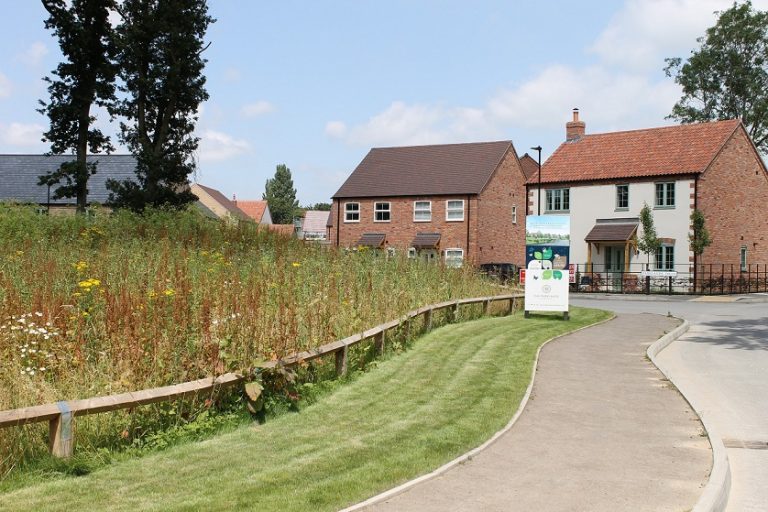Two weeks left to have a say on measures to improve private rented sector housing standards
Young people invited to Kickstart a career with city council
Business Gateway “Think differently” webinars are done…differently

New affordable rental homes to be built in Mansfield
Midlands contractor wins national award
Leicester pensions expert appointed interim chair of national industry body AMPS
- Geoff Buck, Vanguard Asset Management
- Sarah Hawkins, Punter Southall SIPP
- Ian Linden, James Hay Partnership
- Andrew Phipps, Embark Group
- Debbie Seaton
- Zoe Smith, Barnett Waddingham
- Tasneem Ul-Haq, Aviva
- Joy West, Hartsfield Trustee Services
Business rescue and recovery strategist joins law firm
Sills & Betteridge LLP’s corporate offer has been boosted this month with the appointment of consultant solicitor Robin Johnston.
Robin supports insolvency practitioners, creditors (including lenders, suppliers and shareholders) and turnaround investors, typically advising on businesses in distress, refinancing, turnaround and rescue strategies and accelerated M&A. He is experienced in dealing with all aspects of insolvency processes including administrations, liquidations, receiverships and voluntary arrangements.
He is a member of R3 the Association of Recovery Professionals and the Turnaround Management Association.
Robin will work alongside James Conduit’s corporate team in Lincolnshire, the wider East Midlands and South Yorkshire.

Dunelm hails record performance
Updated report sets out strategy for local skills development
- Acting as an engagement tool – a vehicle through which SAPs can directly engage, influence and rally employers and providers in their areas to support the local skills agenda.
- Being a ‘go-to’ document for everything local-skills related – bringing together existing and new skills information into a consistent format common to all SAPs.
- Clearly setting out key skills needs – ensuring local skills needs are visible to local partners who can then engage with them.
- Offering valuable insight and evaluation – detailing the progress made on current local skills initiatives and outlining future skills plans to plug key skills gaps.
- Which areas of the economy face the most significant skills mismatches or present growing areas of skills need?
- Can the board identify the changing skills needs of several priority areas within the economy over the next five to 10 years?
- How can skills and the skills system promote productivity growth in areas of the country that are poorer performing economically?












